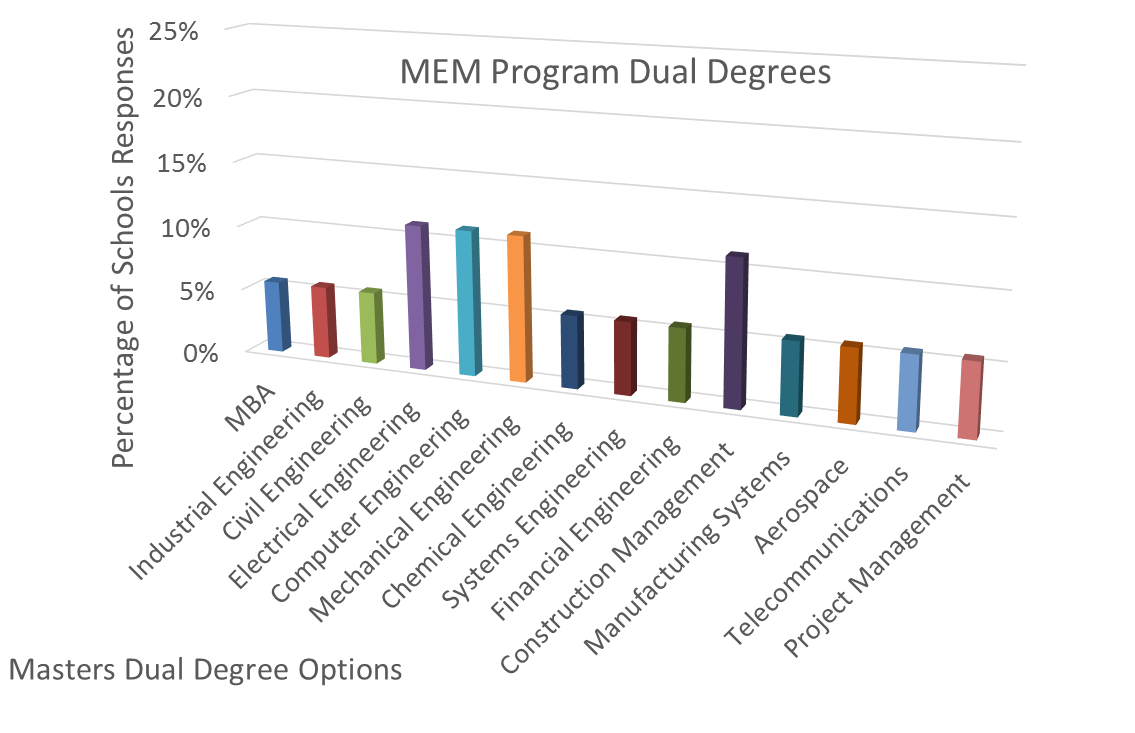
Chemical engineering is a branch in engineering that deals with designing and operating chemical plants. It also deals in commercial processes that transform raw materials into useful products. These processes are refined and developed by chemical engineers in order to be more cost-effective and efficient. We will be exploring the many aspects of chemical engineer. You'll also learn about some interesting careers in the field.
Unit operations
Unit operations are processes that transfer a quantity from one form to another. Examples of unit operations include the crystallization of sugar from a solution. Distillation is another method that separates liquid elements into a vapour and a liquid phase. The vapor phases contain the most volatile components while those in the liquid phase have the lower volatile. Distillation is an important process in petroleum refining, because it separates crude oil into multiple products.
Unit operations involve transport, mixing, separation, as well as reaction. These operations involve many variables such as temperature, pressure, and density.

Systems for chemical processing
Chemical process systems are an integral part of chemical engineering. Chemical process industries are increasingly focusing on advanced manufacturing (or AM). This is due to increased process intensification and the emergence of smart manufacturing techniques. These technologies contribute to the growing demand for sustainable processes. To help students understand the importance of AM, chemical process engineering departments are now expanding their courses to include AM, process intensification, and nano-scale patterning.
Complex systems that involve interactions between components, subsystems and processes are called process systems. These systems often extend beyond the traditional boundaries of traditional disciplines, and require multidisciplinary approaches. The study of process systems is a branch of chemical engineering that considers these complex systems and their interaction to design, operate, and optimize processes. Professors of chemical engineering have used advanced computer-aided and numerical simulation tools to help students and engineers make more efficient decisions about their processes.
Optimization of chemical processes
Chemical engineering has many uses. They can improve product concentration, separation processes, and product yield. It can also be used to optimize biochemical processes. The optimization process involves the formulation of an objective function and a constraint function. The optimization of these variables is essential for the design a process plant.
Chemical process optimization aims to improve the performance and efficiency of a plant. This approach is known as real time optimization (RTO), which is gaining significant popularity in both academia and industry. The implementation of RTO systems can bring about significant returns on investment. Even small improvements can have a significant impact on a high capacity chemical plant. However, this method is limited by the fact that it uses a model that is a simplified representation of reality. Unmeasured disturbances are another source of uncertainty.

Biochemical engineering
Biochemical Engineering is the science of biological process engineering. This branch of engineering has both roots in chemical and biological engineering. This field works to develop new chemical processes which will benefit society. It is useful in a variety of industries, including the pharmaceutical industry. This field of engineering is rapidly growing and changing.
Biochemical engineering is a career that requires extensive knowledge and practical experience. Biochemical engineers use their knowledge and experience to create new ways of fighting diseases and protecting the environment. They may collaborate with scientists as well chemists, quality assurance specialists, and personnel in manufacturing. They can work in a lab or in an administrative office. They can also specialize or be trained in specific areas of biotechnology or pharmaceuticals.
FAQ
What degree do I need to become an engineer?"
A bachelor's degree is not required to become an engineer. Employers prefer candidates with degrees. Online classes are also available if you don’t have a degree.
What is the hourly wage of engineers?
This varies from person to person and company to company. However, an entry-level salary for software engineers is approximately $60,000 per a year. This number goes up to over $100,000 after you have worked for a few years.
What does an aerospace engineer do?
Aerospace engineers apply their knowledge in aeronautics. Propulsion, robotics, flight dynamics, and flight dynamics to create aircraft, spacecrafts, satellites. Rockets and missiles can also be designed by them.
An aerospace engineer could design new aircraft types and fuel sources or create space suits.
Which engineering task is the most difficult?
The most difficult engineering problem is to design a system capable of handling all possible failure modes. However, it must also be flexible enough so that future changes can take place.
This requires lots of testing and iteration. You must also understand how the system should react when everything goes wrong. You need to ensure that you don't just solve one problem, but that you design a solution that addresses multiple problems simultaneously.
What is a Mechanical Engineering Engineer?
A mechanical engineer designs machines and tools for humans.
To solve real-world problems, mechanical engineers combine mathematics, physics and engineering principles.
A mechanical engineer might be involved in product development and production, maintenance or quality control.
What do civil engineers do?
Civil engineering is the creation and construction of structures like roads, bridges or buildings, dams or tunnels, as well as other large-scale projects. It includes all aspects, such as foundations, geotechnics. hydraulics. soils. Environmental impact assessment. Safety analysis. Traffic management. Civil engineers help ensure the project meets its objectives, while still being economically viable and environmentally sustainable. They must make sure that the structure lasts.
They also assist in planning and implementing public work programs. They may oversee, for example, the design and construction of roads, bridges or tunnels.
Statistics
- Job growth outlook through 2030: 9% (snhu.edu)
- 2021 median salary:$95,300 Typical required education: Bachelor's degree in mechanical engineering Job growth outlook through 2030: 7% Mechanical engineers design, build and develop mechanical and thermal sensing devices, such as engines, tools, and machines. (snhu.edu)
External Links
How To
Engineer salaries in USA
The US average engineer's salary is $100k per annum. This includes base pay and bonuses, as well benefits.
The median annual income for all workers was $50,000.
This is an increase over $48,671 in 2013.
Software Developer (65,000), Computer Programmer (60,000), and Systems Analyst (55,000 were the most common job titles).
Based on where you reside, salaries can vary greatly. New York City salary ranges from $80,000 to $120,000
San Francisco engineers are likely to earn $90,000-$150,000.
Washington DC residents will earn between $85,000-130,000.